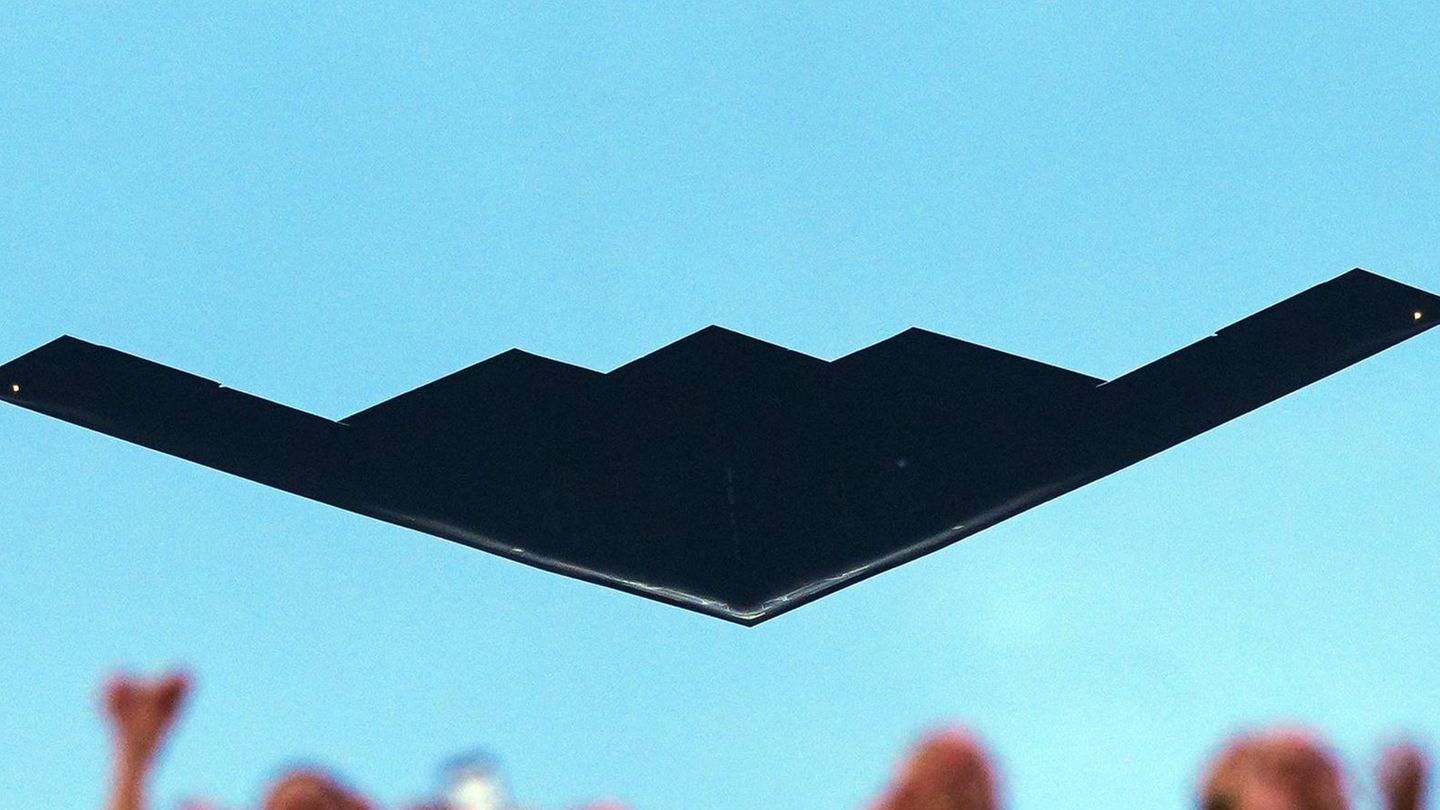The booster vaccination should increase the vaccination protection again, prevent breakthrough infections. But is that really necessary again? Some vaccinated people are skeptical and do an antibody test beforehand. A good idea?
Germany is in the middle of the fourth corona wave. And this breaks all (negative) records. The Robert Koch Institute (RKI) currently has to report more new infections than ever before in the pandemic. On Wednesday, a new high was reached with almost 53,000 cases, the incidence climbs to 319.5. This value is also higher than ever before. The situation is coming to a head, beds are becoming scarce in the intensive care units.
Like a prayer wheel, politicians and experts continue to promote the vaccination, which is considered the most powerful means against the virus. The focus is now increasingly on those who do not refuse the vaccination anyway. People who have already been given a basic immunization can and should refresh their immune protection with the “booster”. Is the new vaccination really necessary? Some look for answers in antibody tests. But how meaningful are the values? An overview.
Can the immune protection be measured?
It is not so easy to measure how good and how sustained an individual’s immune protection is. “Antibodies are important, but do not provide any clear information,” said Georg Behrens, specialist in internal medicine and immunology at the Hannover Medical School, in July of the “Hannoversche Allgemeine Zeitung”. The values are difficult to interpret. An antibody level that sufficiently protects one person is insufficient for another. In addition, the immune responses were very different, and some developed very few antibodies anyway. Various factors are involved, such as age or an immune system that has been suppressed by drugs.
In addition, the antibody level drops over time. Faster for some, slower for others – a lot is still unknown here, too. And even people with high levels of antibodies are not one hundred percent immune to infection. As a result, such a test could show that the body has responded to a vaccination in people who have not yet been infected with the virus. “However, such tests are not suitable for demonstrating the strength or duration of vaccination protection,” said Behrens. He advocates an individual classification of values.
In addition, neutralizing antibodies are only part of the immune response. The T cells also work against the virus. If the T-cell response is strong, it can cushion a low antibody level. A low antibody level is therefore not necessarily associated with poor immune protection. In contrast to the neutralizing antibodies, however, T cells have so far only been difficult to detect in the laboratory.
How are antibody levels measured?
Neutralizing antibodies against Sars-CoV-2 are detected in the blood. As a rule, this is initially done by taking a conventional blood sample from a specialist – i.e. at the doctor’s. In the meantime, however, self-tests are also offered. The sample is then sent to the laboratory.
There the so-called titer is determined, i.e. the concentration of the neutralizing antibodies in the blood. This involves the detection of so-called immunoglobulin G antibodies (IgG) against the so-called spike protein, which the virus uses to dock onto human cells. The result is usually available after 48 hours at the latest.
The World Health Organization (WHO) has now defined the threshold value BAU / ml as the standard for determining the test values. However, a limit value has not yet been set.
Which antibody levels are good?
A clear number cannot be given here. What you know: a lot helps a lot. The immunologist Carsten Watzl writes in a Twitter thread that the level of antibodies correlates with protection. “Antibody levels above 1000 BAU / ml seem to correlate with very good protection against symptomatic infection,” he writes, referring to several studies on this topic. Below that one “soon” comes into an area in which the protection is no longer so good. “But where the limit is, nobody can seriously say,” he says.
Clear limit values for antibodies against Sars-CoV-2 have not yet been defined. This means that an antibody test can be done, but the result is of little help, as there are no clear guidelines that can be used as a guide. There are estimates, however. Watzl writes that if the value is below 100 BAU / ml, one is probably no longer well protected against symptomatic infection. Mind you: symptomatic infection. “Protection against serious illness can still be high!” Said Watzl. Low antibody levels are therefore not a cause for panic. “But better make a booster appointment”.
Andreas Bobrowski, Chairman of the Professional Association of German Laboratory Doctors, is more precise. He estimates that there is no measurable protection by antibodies below a value of 21.8 BAU / ml. But: “In my estimation, a value of 500 is so high that you don’t need a third vaccination immediately,” says Bobrowski.
Does an antibody test make sense before the booster vaccination?
The Robert Koch Institute considers it nonsense to check the antibody level before boosting. One of the reasons for this is that no limit value has yet been defined. In other words: only those who have very many (over 1000) or very few antibodies (close to zero) in their blood can do anything with the values. And then only with reservations. It is known, on the one hand, that the antibody level drops over time and regardless of the vaccine. On the other hand, that many other factors in addition to antibodies have an influence on immune protection.
For whom is the booster worthwhile?
For all. Because the booster increases the protective effect, explains the RKI. This also affects people who have high levels of antibodies in their blood. The fact that these do not need to be refreshed is an error that is widespread. A refresher is not harmful, there are no safety concerns. The most important thing is the booster for the most vulnerable, so a booster should be given as a priority.
So far, the Stiko has therefore also recommended the booster to people aged 70 and over, people with immunodeficiency, residents of care facilities as well as staff in medical facilities and nursing staff. As a rule, we recommend an interval of six months between the basic vaccination and the booster. In theory, you can get vaccinated earlier. According to the Stiko recommendation, people with a severely weakened immune system can pick up the third dose after just 28 days. This also applies to anyone who received the Johnson & Johnson vaccine for the first time.
Today, Wednesday, the committee is discussing an expansion of the recommendation. Federal Health Minister Jens Spahn had previously spoken out in favor of giving everyone over the age of 18 a booster vaccination.
Sources:,, dpa
Source From: Stern




